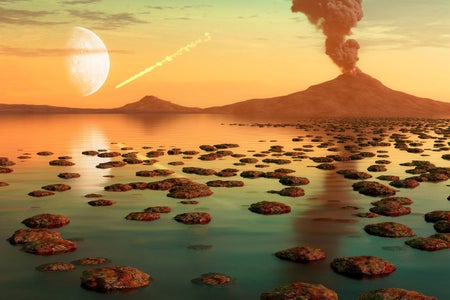
An Ancient Asteroid Impact Both Harmed and Helped Life
A gigantic space rock that slammed into Earth more than three billion years ago grievously wounded the biosphere—and then helped it heal
Douglas Fox writes about biology, geology and climate science from California. He wrote our July 2021 article "The Carbon Rocks of Oman," about efforts to turn carbon dioxide into solid minerals.

An Ancient Asteroid Impact Both Harmed and Helped Life
A gigantic space rock that slammed into Earth more than three billion years ago grievously wounded the biosphere—and then helped it heal

It’s Time to Engineer the Sky
Global warming is so rampant that some scientists say we should begin altering the stratosphere to block incoming sunlight, even if it jeopardizes rain and crops
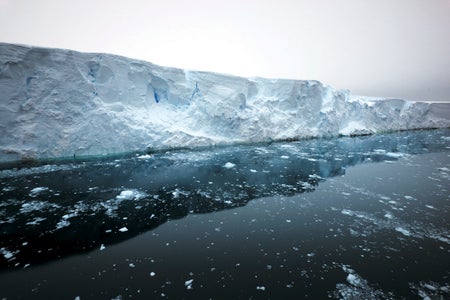
Antarctica’s Collapse Could Begin Even Sooner Than Anticipated
Two expeditions to the Thwaites Ice Shelf have revealed that it could splinter apart in less than a decade, hastening sea-level rise worldwide
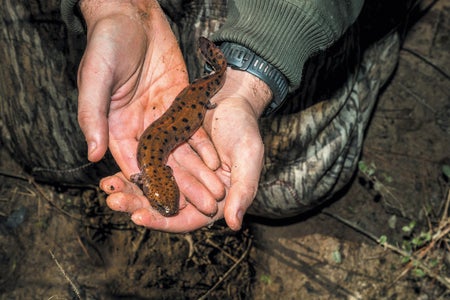
Junk DNA Deforms Salamander Bodies
Yet the unfit creatures survive, challenging our long-held view of evolution
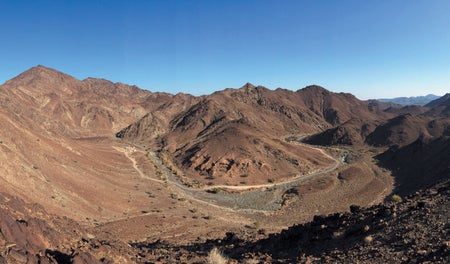
Rare Mantle Rocks in Oman Could Sequester Massive Amounts of CO2
Tests are underway to pull carbon from the air and turn it into minerals belowground
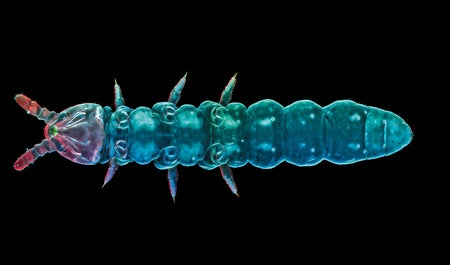
Exotic Creature in Antarctica Has Survived More than 30 Ice Ages
Its perseverance is rewriting the history of life, and of ice, across the continent
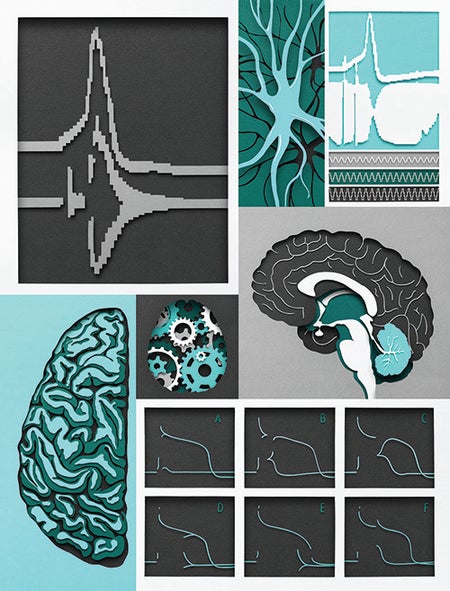
Brain Cells Communicate with Mechanical Pulses, Not Electric Signals
Physicists who have revived experiments from 50 years ago say nerve cells communicate with mechanical pulses, not electric ones

Can Zapping the Vagus Nerve Jump-Start Immunity?
An experimental procedure is exposing links between nervous and immune systems
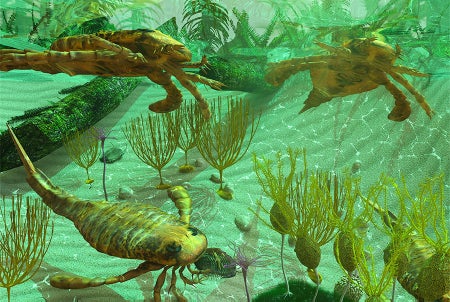
What Sparked the Cambrian Explosion?
An evolutionary burst 540 million years ago filled the seas with an astonishing diversity of animals. The trigger behind that revolution is finally coming into focus
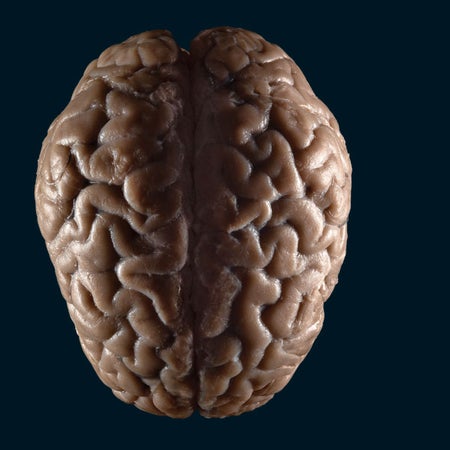
The Physical Limits to Genius
The laws of physics may well prevent the human brain from evolving into an ever more powerful thinking machine
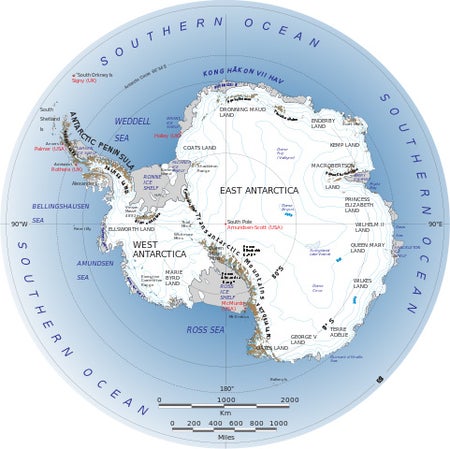
High Heat Measured under Antarctica Could Support Substantial Life
Nearly a kilometer below the ice scientists have found a Yellowstone-like geothermal glow that could create life-rich subglacial lakes—and lubricate Antarctic ice loss
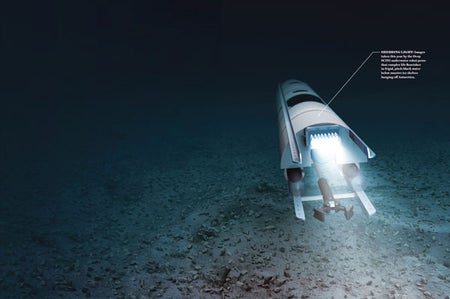
Found: Life under Antarctica's Ice
An astonishing discovery is forcing scientists to reconsider whether life can exist in the most extreme places on Earth and in space

Earthly Extremophiles Prompt Speculation about Alien Life
Discovery of fish under Antarctic ice may provide clues about ecosystems on Jupiter’s moon Europa and other extraterrestrial environments

Discovery: Fish Live beneath Antarctica
Scientists find translucent fish in a wedge of water hidden under 740 meters of ice, 850 kilometers from sunlight

Scientists Drill through 2,400 Feet of Antarctic Ice for Climate Clues
A surprise finding may reveal how fast glaciers could slip into the sea

Life Found 800 Meters Down in Antarctic Subglacial Lake
Samples from Lake Whillans, hidden under ice, contain thousands of microbes and hint at vast ecosystems yet to be discovered

King Crabs Poised to Wipe Out Rare Antarctic Ecosystem of Invertebrates
The crabs' arrival due to warming seas could deal a crushing blow to archaic species of starfish, sea spiders and ribbon worms at the Antarctic continental shelf
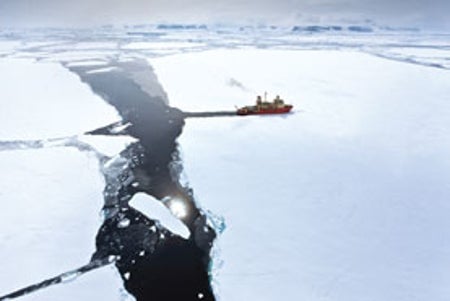
Scientists Trek to Collapsing Glaciers to Assess Antarctica’s Meltdown and Sea-Level Rise
As glaciers collapse toward the sea, scientists struggle to figure out how fast the southern continent is melting and what that means for sea-level rise
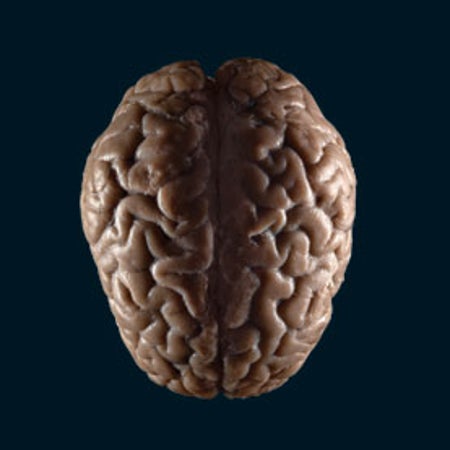
The Limits of Intelligence
The laws of physics may well prevent the human brain from evolving into an ever more powerful thinking machine

Primordial Soup's On: Scientists Repeat Evolution's Most Famous Experiment
Their results could change the way we imagine life arose on early Earth

The False Crisis in Science Education